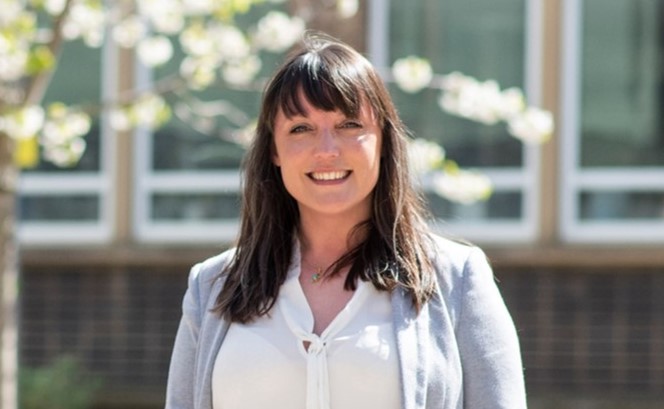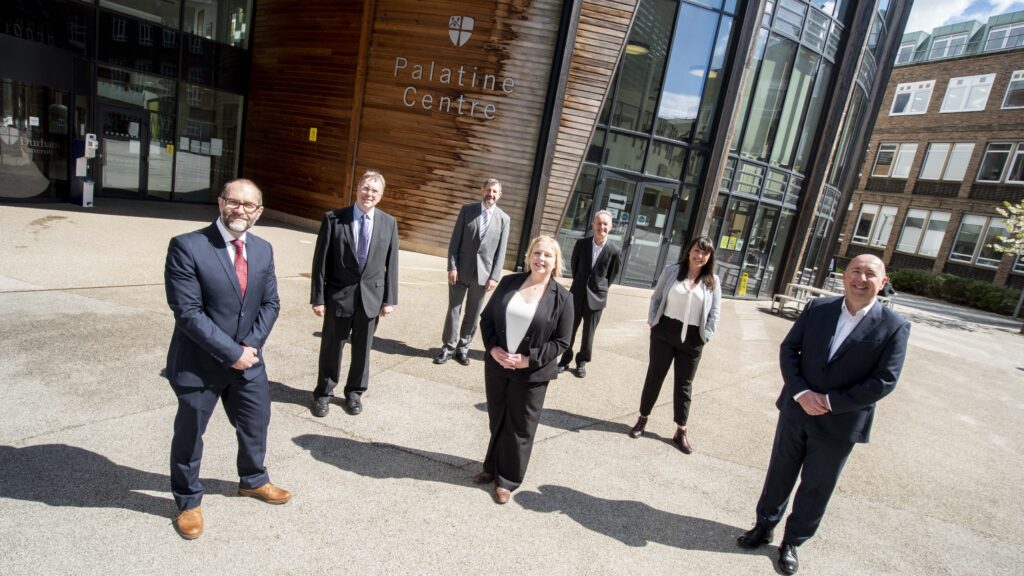A Northumbria University academic has been awarded almost half a million pounds to develop a new process for sorting micro-nano particles which could improve cancer diagnosis and treatment.
Dr Prashant Agrawal has been awarded a New Investigator grant of £470,000 by the Engineering and Physical Sciences Research Council (EPSRC) to research a new technique for sorting miniscule particles by size, density and their physical properties.
As well as the healthcare sector, the technology could be used in the food, energy, agricultural and cosmetics industries.
Micro-nano particles can be found in a wide variety of products, including emulsions in paint, agriculture, and cosmetics; metal nanoparticles for anti-bacterial optical coatings; and micro-nano capsules for drug delivery and therapeutics.
For all these applications, the size of the particles used in the final product is crucial – for example, ensuring the medication inside a drug capsule is delivered to the correct part of the body, or ensuring am emulsion remains stable enough to give it an appropriate shelf life.
Selecting the right sized particles is also crucial in microfluidic healthcare diagnostic technologies, where biological cells are separated and isolated to provide personalised cancer therapeutics and drug discovery.
Northern Accelerator support in the early days
Last year Dr Agrawal and his Northumbria colleague Dr Hamdi Torun were awarded feasibility study funding and proof of concept funding through Northern Accelerator. This support allowed the academics to develop their initial idea and apply for a patent.
The current technology for sorting particle size either allows for high precision but at a low volume, making the process accurate but very expensive; or at a higher volume but with much lower success rates, making it cheaper but less accurate.
The new technology being developed by Dr Agrawal and colleagues at Northumbria University uses low frequency liquid oscillations to create gradients in the flow of the particles, thereby driving them to specific locations.
The process is extremely efficient and, because low frequency oscillations are less energy intensive than other methods currently used, it makes it very cost effective, meaning it can be scaled-up easily.
In the case of cancer treatment, the process could be used to detect circulating tumour cells in blood samples, which can be an indicator that a cancer may be spreading.
Early detection of these cells is key, and as well as isolating these cells, Dr Agrawal’s method could also be used to extract them so they can be used for personalised drug treatment for the patient.
The team at Northumbria University
Speaking about his research, Dr Agrawal said:
“This new method has the potential to transform how micro-nano particle sorting is carried out. This could have life-changing consequences, especially in the healthcare sector where timely and cost-effective diagnosis, and personalised drug treatment, makes such a difference to a patient’s long-term prognosis.
“This is a technology I have been working on since 2015 so to be able to see it come to fruition through this EPSRC grant is wonderful and I’m looking forward to working with partners and colleagues over the coming years to bring this technology into the public domain.”
Dr Torun’s research focuses on micro and nanoengineering and acoustofluidics and his research exploring new methods of identifying the structure and dynamics of single protein molecules within the human body was published in Biophysical Journal in 2021.
Over the next three years Dr Agrawal will work with two partner companies – a microparticle engineering specialist and a biomedical application startup – to test and develop his technology, with the aim if bringing it to market.
Speaking about the grant and Dr Agrawal’s research, Professor John Woodward, Pro Vice-Chancellor for the Faculty of Engineering and Environment at Northumbria University, said: “This is innovative and impactful research which has potential application across a wide variety of sectors.
“At Northumbria University we support our early career academics to develop their research through awards and grants, as well as exploring commercialisation opportunities and establishing industry partnerships.
“This EPSRC New Investigator grant is recognition of the exciting potential of Dr Agrawal’s research and we look forward to supporting him in his work over the coming years in the development of this technology.”



